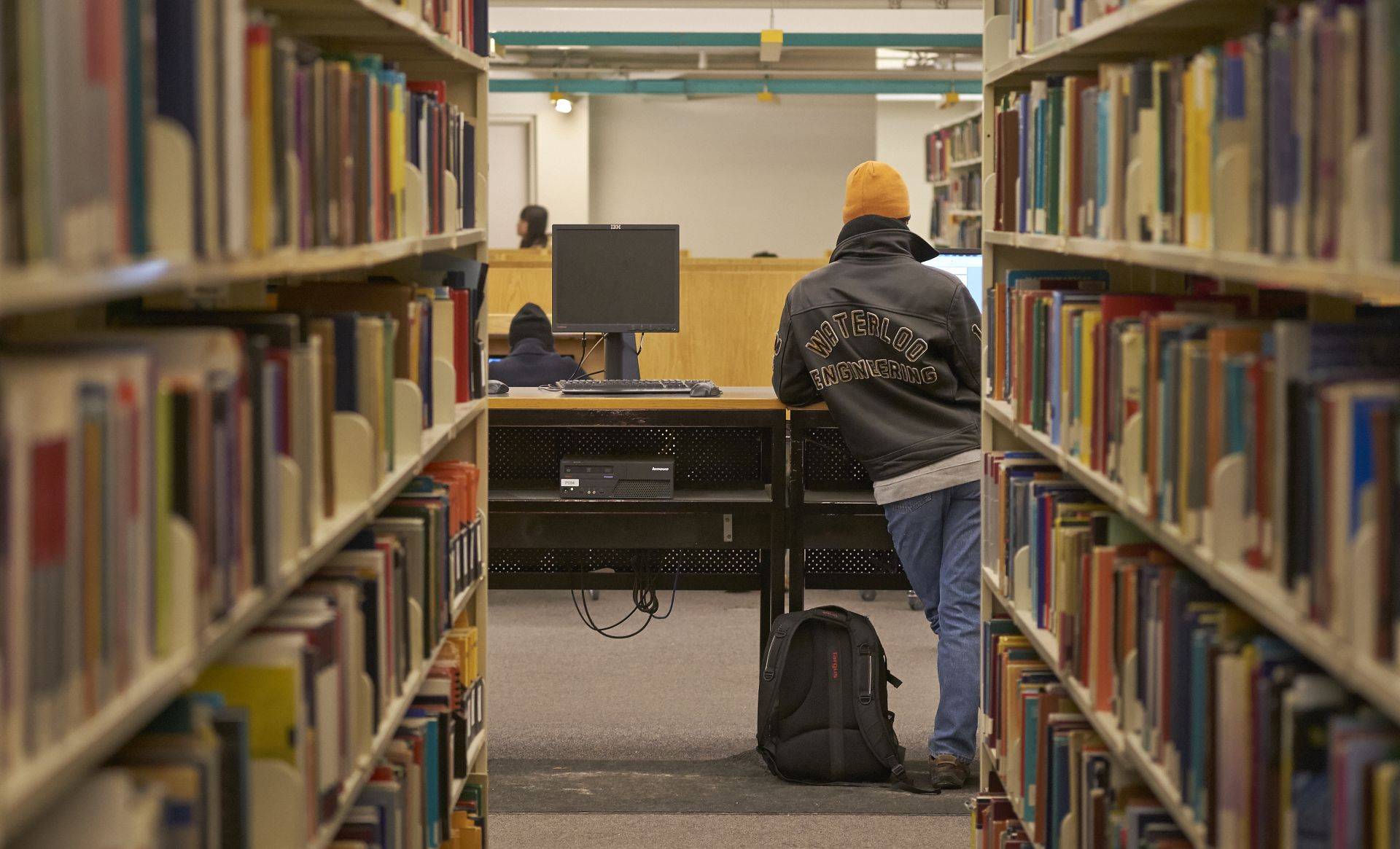CRITICAL EVALUATION OF INFORMATION:
NEW DIRECTIONS FOR 'INFORMATION LITERACY'

With Google providing thousands of hits, offering up all the information researchers could conceivably need to complete their reference lists in mere seconds, one might wonder at the role of the librarian in today’s digital world. Librarians Dr. Kate Mercer and Dr. Kari Weaver are proving that in fact librarians have become more imperative than ever. That they need to take on a more active role than they have in the past, teaching people to think critically about where information is coming from, so they are better equipped to navigate the increasingly complex information landscape.
With the support of eCampus Ontario Virtual Learning grants, Mercer and Weaver have been leading the work within the Library to create self-paced online tutorials that build skills in critically evaluating information. This instruction goes beyond simply pointing out what sources are “good” but rather focuses on teaching scholars to be able to critically evaluate any sources, to spot the biases inherent in all information and how to develop a flexible mindset that is open to new information.
While their current projects are primarily for STEM students, their vision is that this type of training could be developed across disciplines and progress with students as they build on their learning, just like they would when learning math or science. Working collaboratively with Library and campus colleagues, they see a series of learning modules, covering topics such as information overload, misinformation and the importance of information diversity, all tailored through the lens of the discipline-specific contexts, and ultimately, meeting learners where they are.
“Our VLS grant project will give students a flexible, interactive, accessible tool that fosters their ability to critically think, navigate new information and engender a foundation of knowledge around information that will see them through their academic and professional careers,” say Mercer and Weaver. The creation of these online tutorials is just one approach our library is taking to support top talent of the future; all library staff are working to communicate what we do in a collaborative and partnership-building way that deeply engages us with our users and wider campus colleagues.